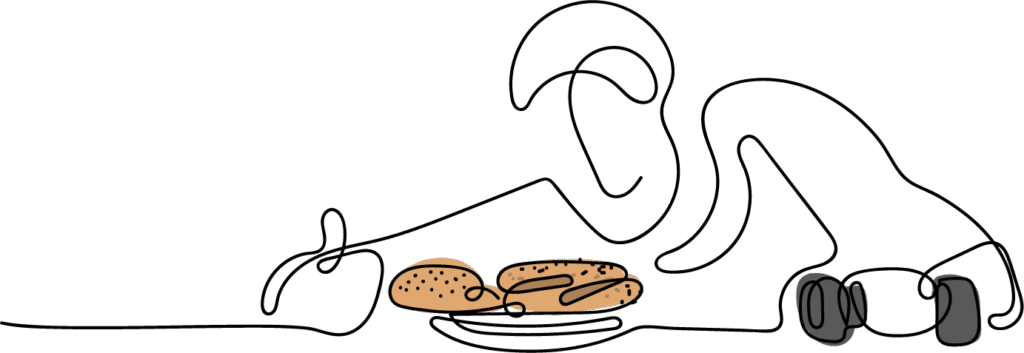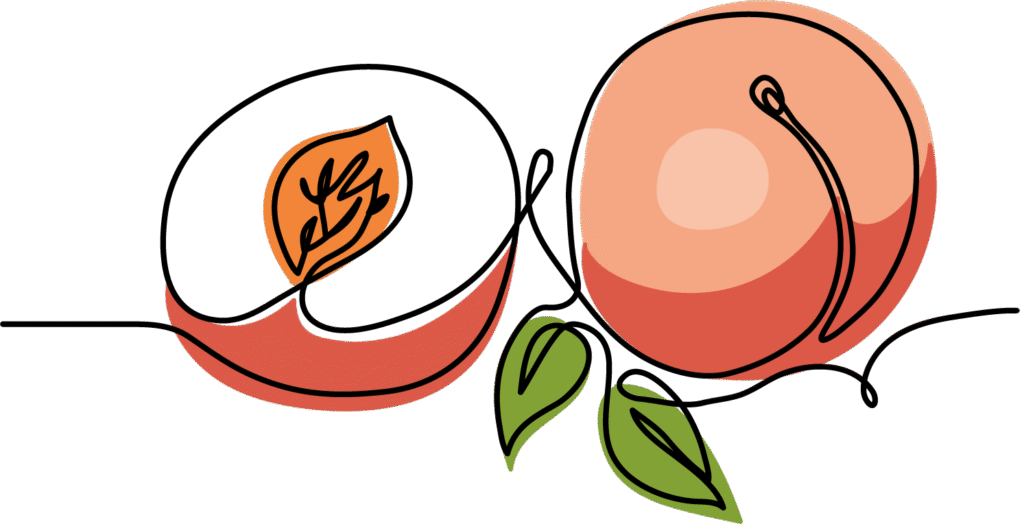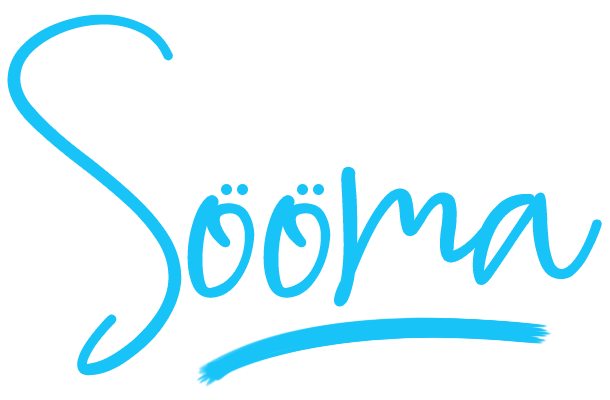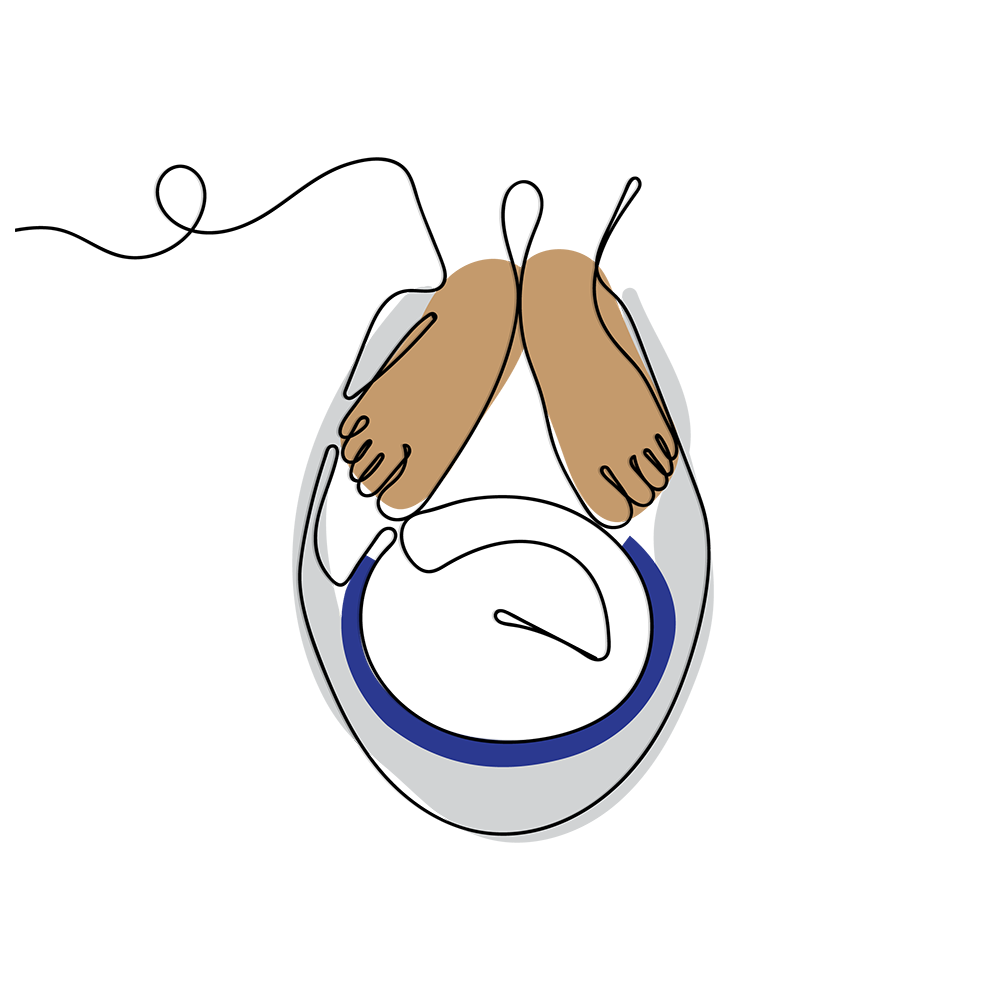While clinical eating disorders are diagnosed using the DSM-5 criteria, many people experience disordered eating behaviors that may not meet diagnostic thresholds but still significantly impact their health and quality of life. A 2018 study revealed that 58% of adolescents assigned female at birth (ages 13–18) reported engaging in behaviors aimed at weight loss.
Disordered Eating & Dieting
Understanding Disordered Eating and Its Impact on Well-Being
Attempts to control or restrict food intake can trigger the body’s physiological responses, which may lead to persistent thoughts about food, feelings of being out of control around eating, and frustration with not maintaining a specific weight. These are natural reactions—not personal failures.
The multi-billion-dollar diet industry encourages individuals across all genders, ages, and body types to pursue weight loss in the name of health, often reinforcing harmful and unsustainable practices.

At Sööma, we believe that health is not about gaining better control over food, but about gaining a deeper understanding of how diet culture has influenced your relationship with eating and body image.
Guided by a Health at Every Sizeⓒ (HAESⓒ) approach, our team centers care around holistic health—not weight. We recognize and celebrate body diversity, focusing on mental, physical, and emotional well-being. This doesn’t imply that everyone is at their optimal health-supportive weight at all times, but rather that sustainable, compassionate habits—not weight alone—are key to long-term wellness.

Ready to feel more at peace with food and your body? We're here to support you.
Facts about dieting
Dieting is often marketed as a path to health, control, or self-improvement—but research tells a different story. Most diets are not only unsustainable long-term, but can also contribute to physical, emotional, and psychological harm.

In a study conducted in the 1940s, men were put on a 1600 calorie diet to explore the effects of starvation. That caloric number is higher than the recommended calories for most diets today (Minnesota Starvation Study)

Higher body weight is often linked to an increased risk of chronic diseases, but most epidemiological studies fail to account for important factors such as physical fitness, activity levels, nutrient intake, socioeconomic status, or the effects of weight cycling. Additionally, one of the biggest indicators of weight is genetics.
How Our Team Will Help You Break Free from Dieting and Disordered Eating
At Sööma, we understand that healing your relationship with food and your body is a deeply personal journey. Our team offers compassionate, trauma-informed care rooted in curiosity, respect, and collaboration—not judgment. Here’s how we’ll support you:
-
Creating a Safe and Supportive Space
We begin by building a trusting relationship where you can feel seen, heard, and understood—without pressure or shame. -
Exploring Your Unique Relationship with Food and Body Image
We’ll gently unpack how past experiences, cultural messages, and emotional patterns have shaped your eating behaviors and self-perception. -
Understanding the Impacts of Diet Culture
Together, we’ll uncover how dieting and societal pressures have influenced your beliefs about health, worth, and control. -
Supporting You in Reclaiming Body Trust
We'll guide you in reconnecting with your body's natural cues—like hunger, fullness, and satisfaction—and help you build confidence in responding to them. -
Focusing on Sustainable, Nourishing Habits
Instead of rigid food rules, we’ll support you in developing flexible habits, in line with your values and lifestyle, that promote physical, emotional, and mental well-being. -
Centering Body Respect and Autonomy
What if your body was never the problem? We’ll support you in moving toward self-compassion, body neutrality—or wherever feels safest and most empowering for you.
A Note on Lived Experience and Body Trust
We recognize that each person’s relationship with food and their body is shaped by unique life experiences, identities, and challenges. While many individuals find healing through reconnecting with body cues and developing body trust, we also understand that this may not feel safe, accessible, or relevant for everyone.
At Sööma, we do not hold a one-size-fits-all vision of recovery. Our team is mindful that body trust is not a universal goal—and that healing can take many forms. We are committed to meeting you where you are, honoring your autonomy, and co-creating a path forward that aligns with your values, needs, and lived experience.



